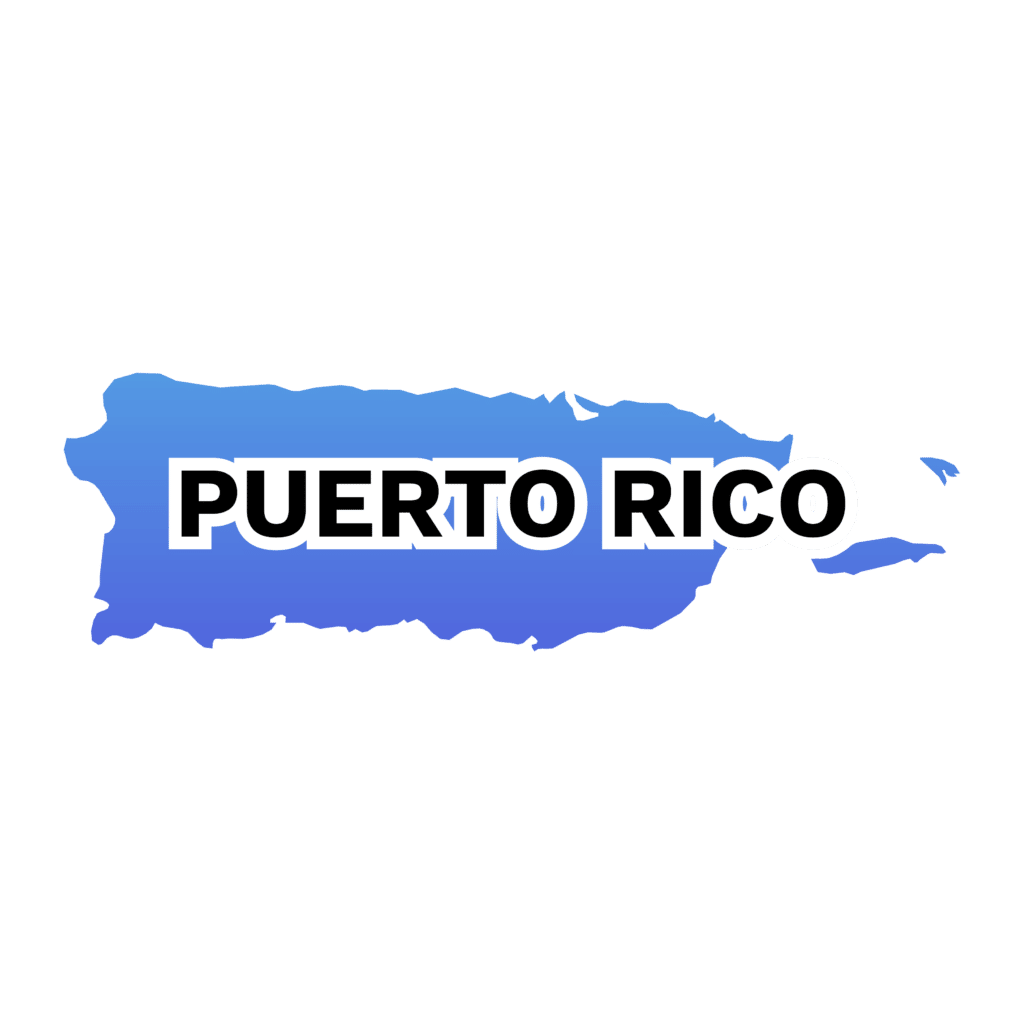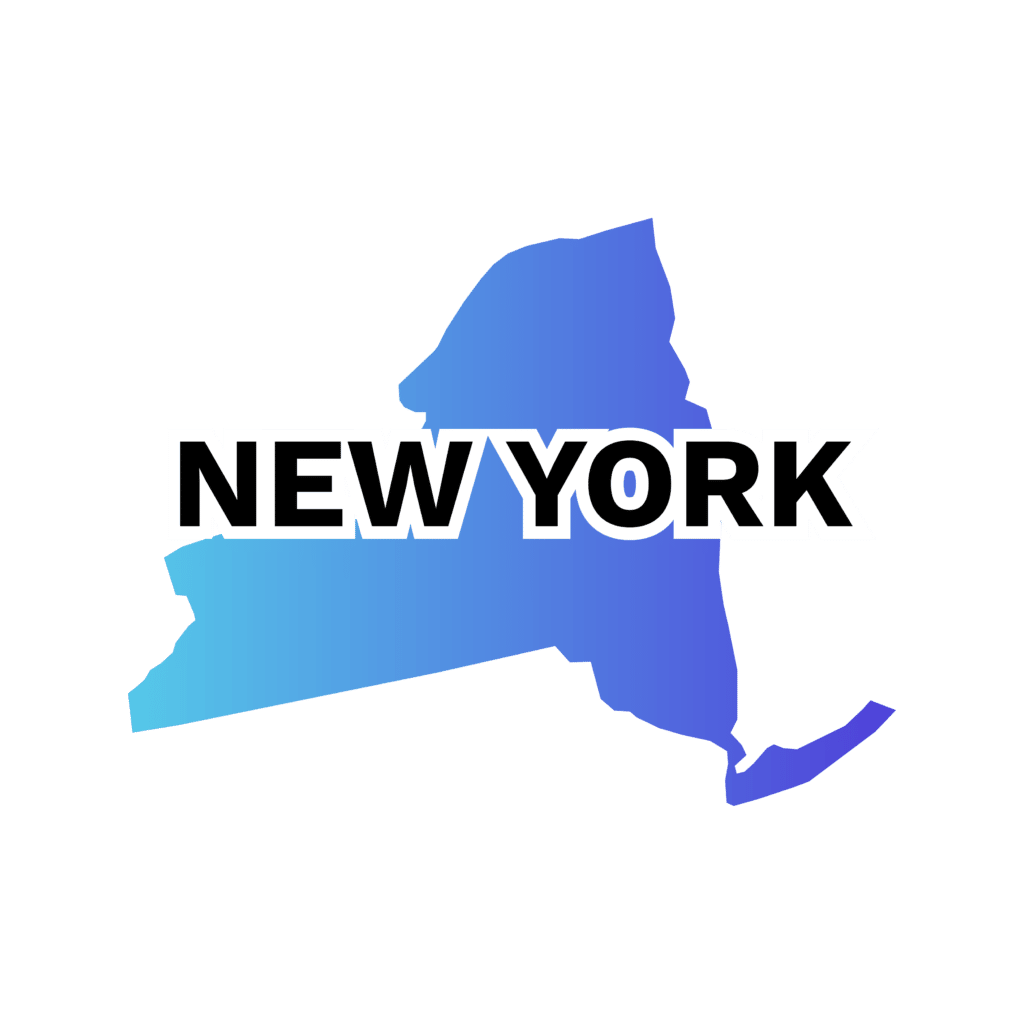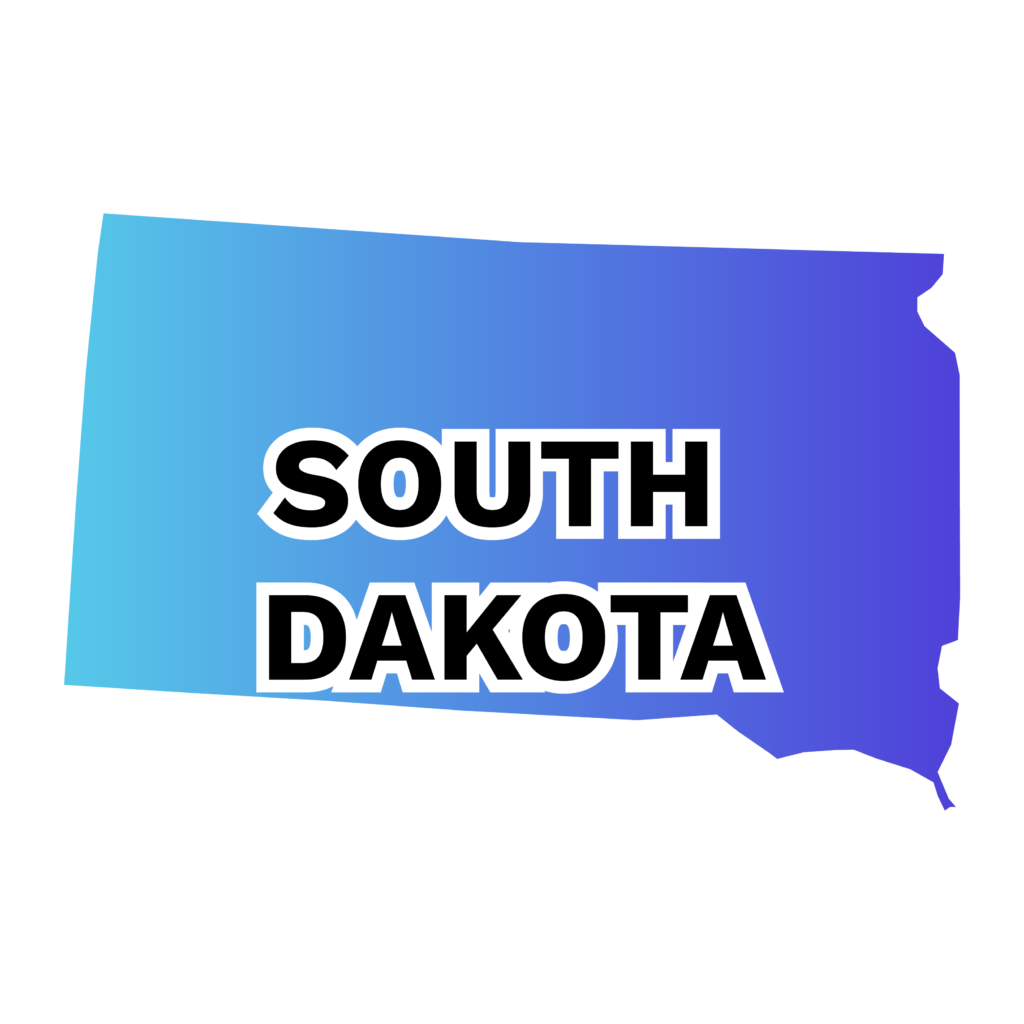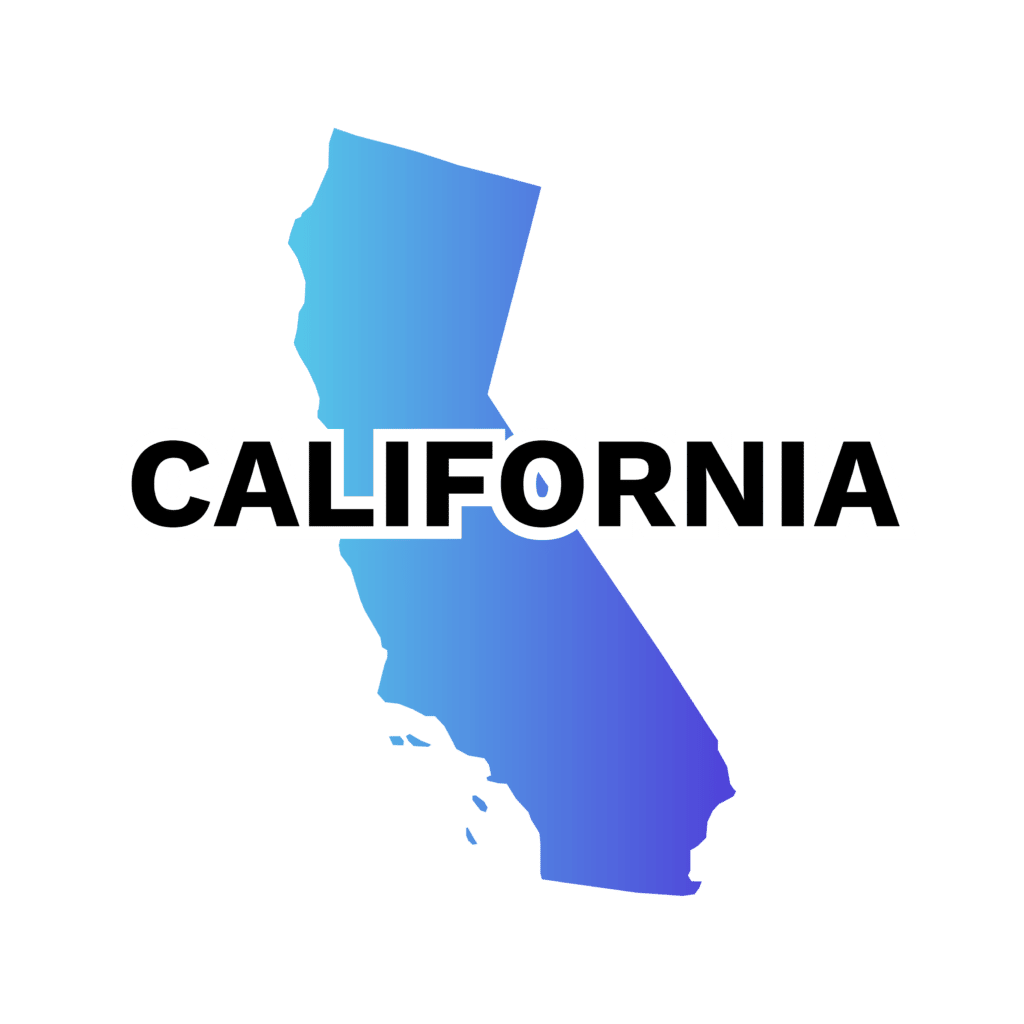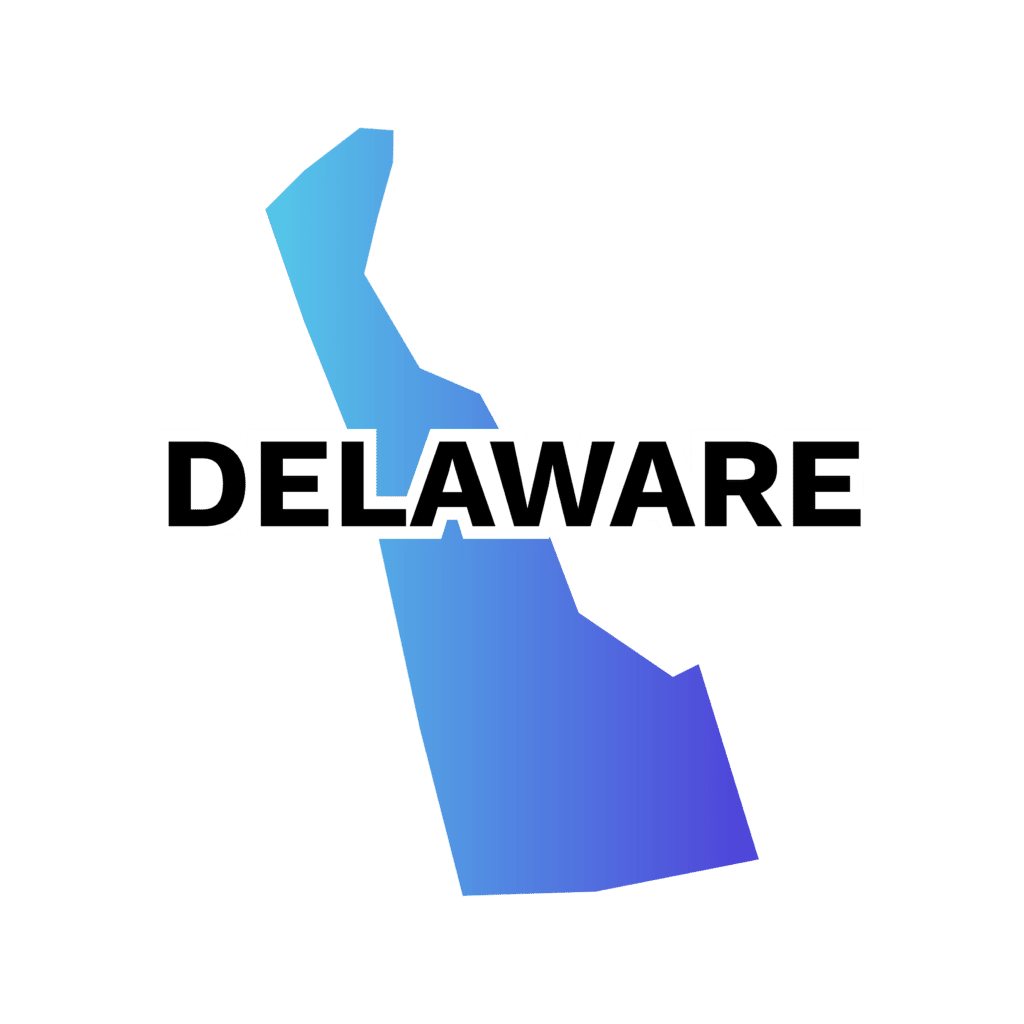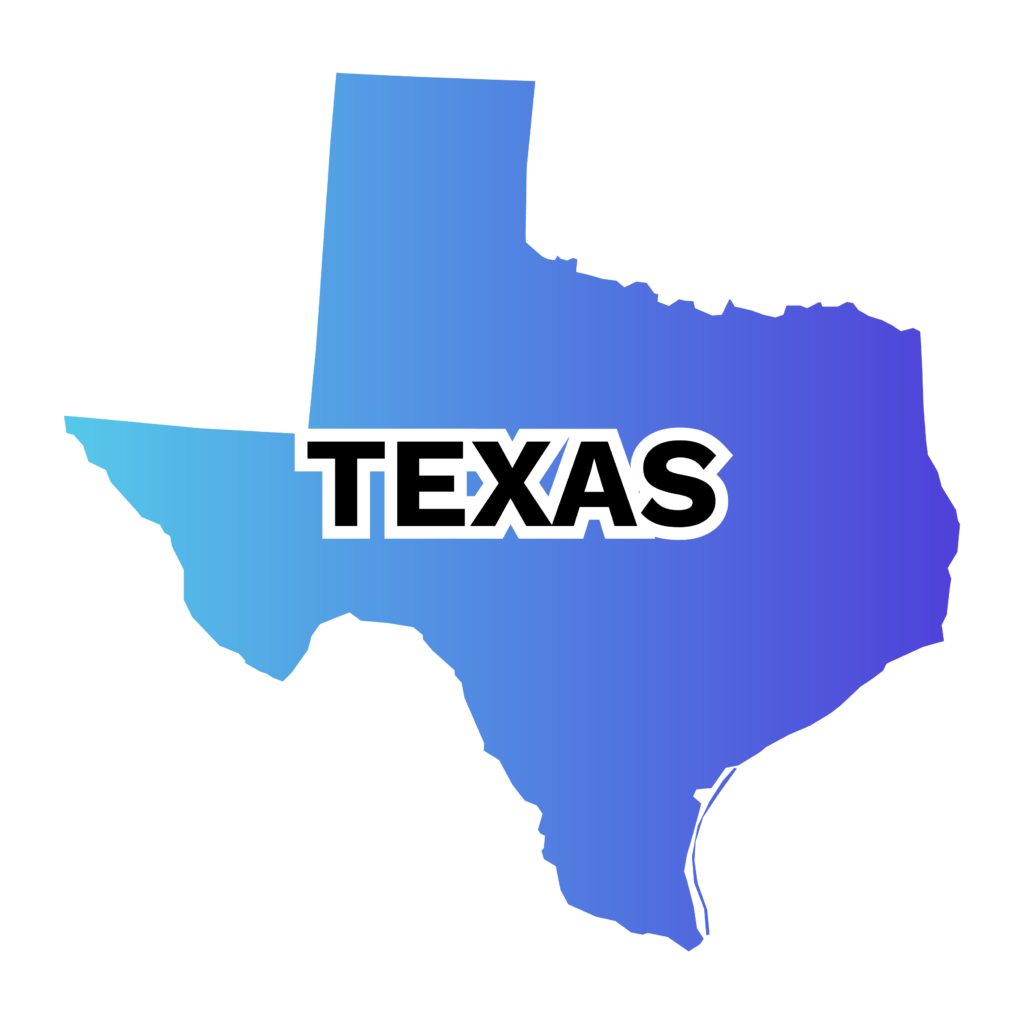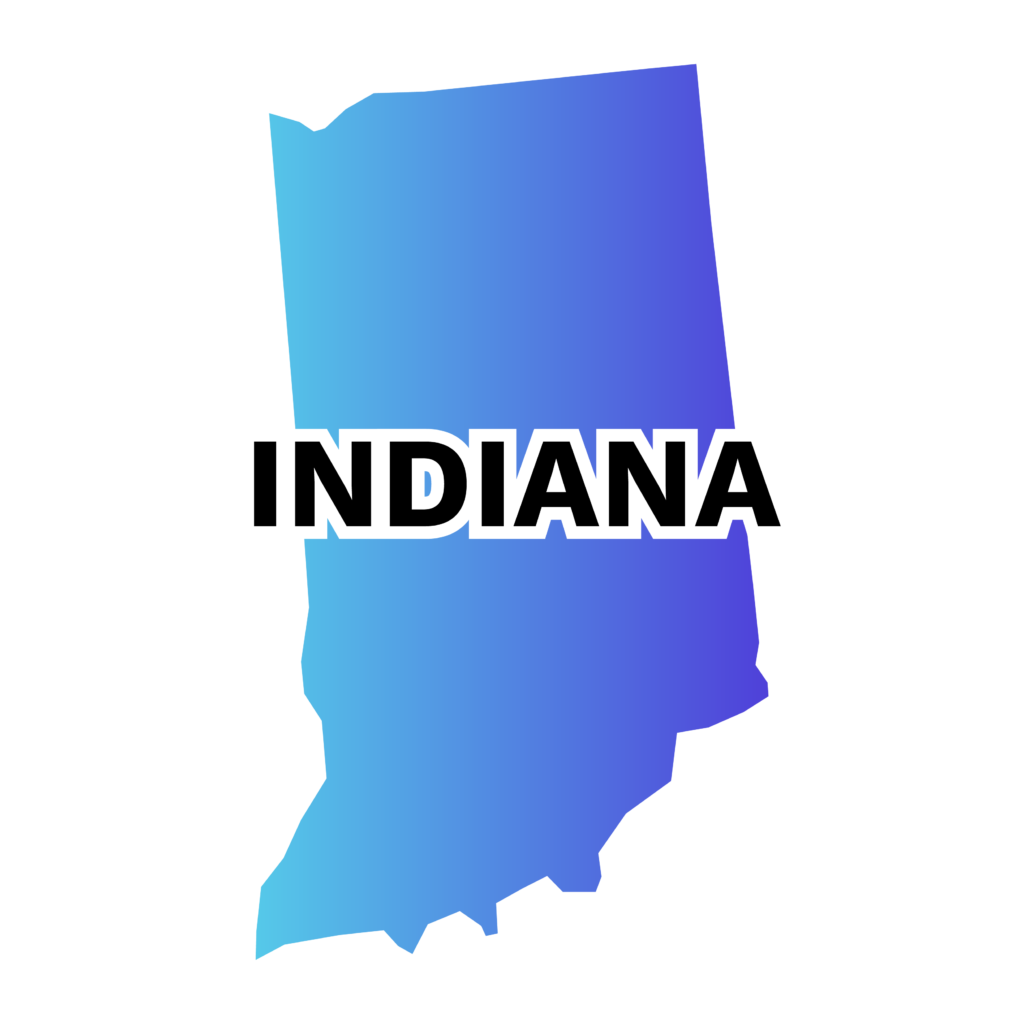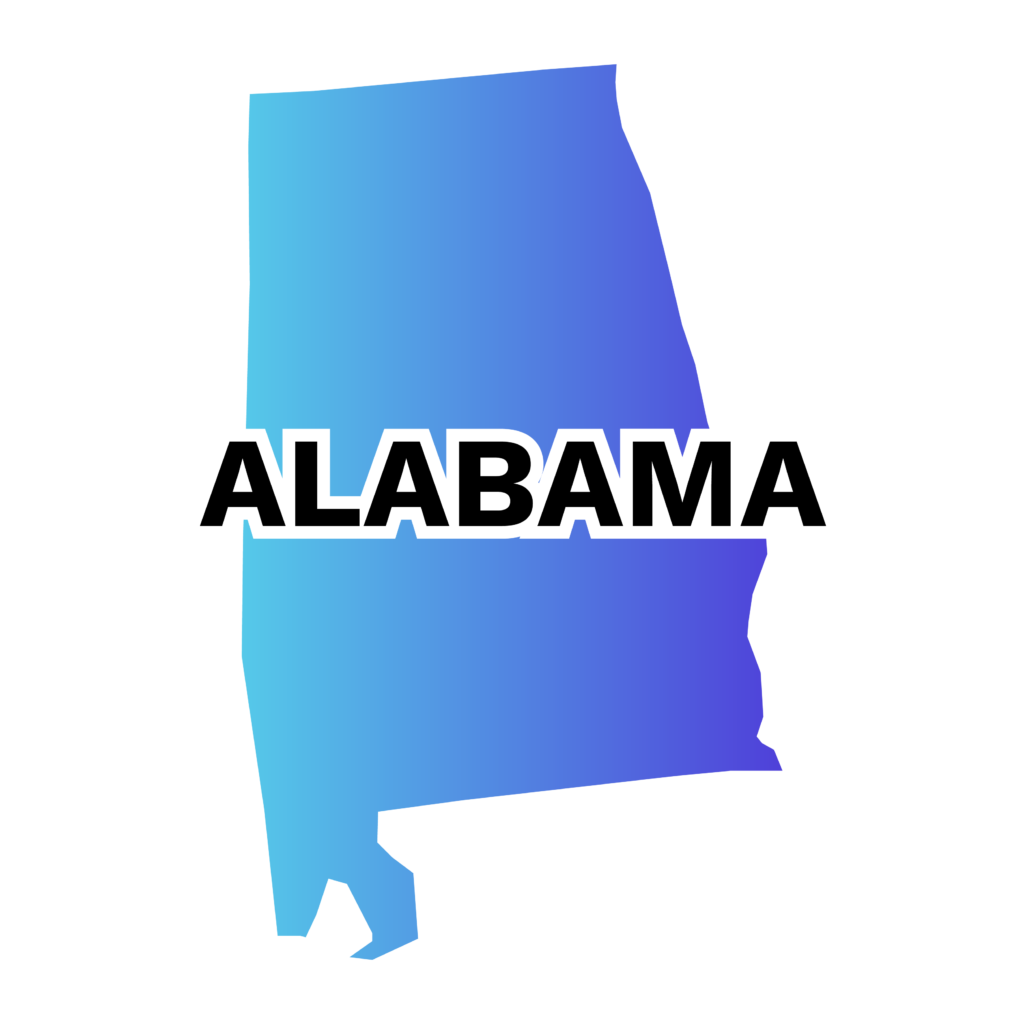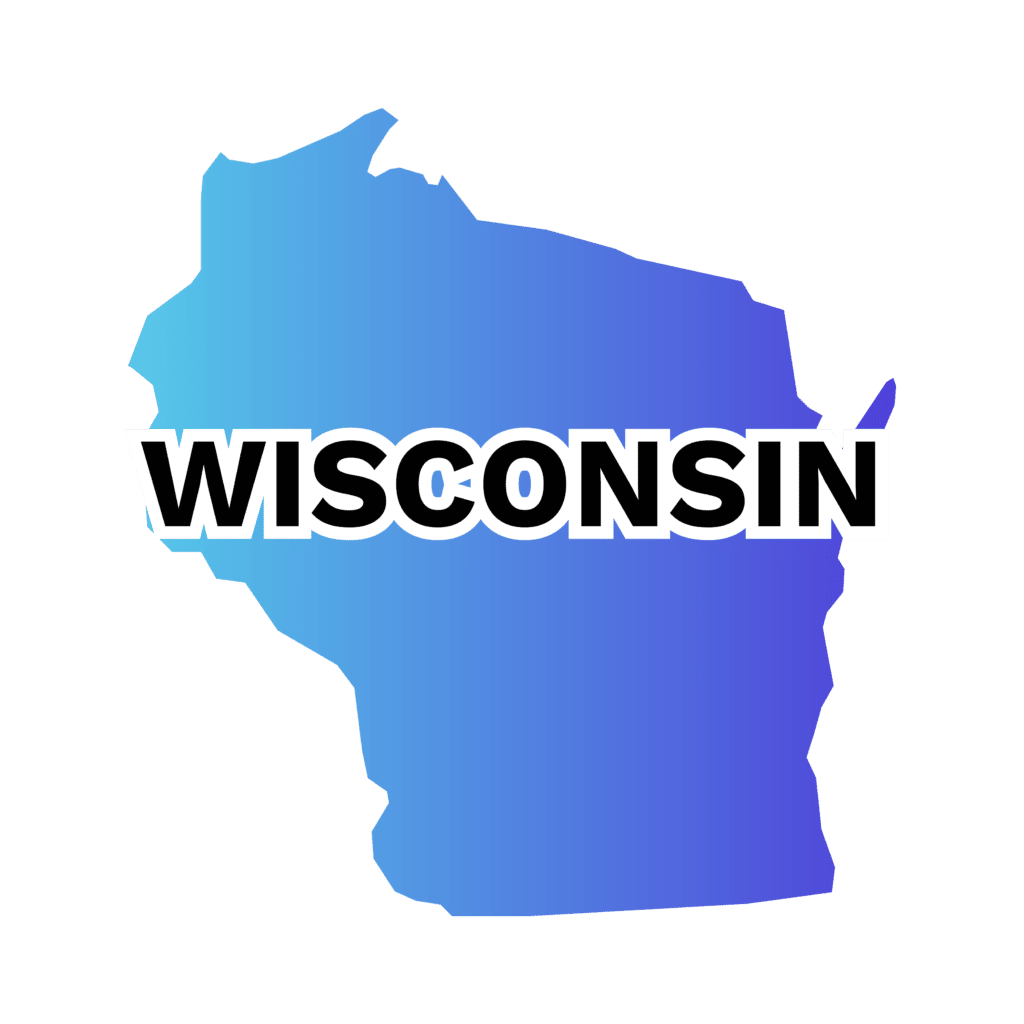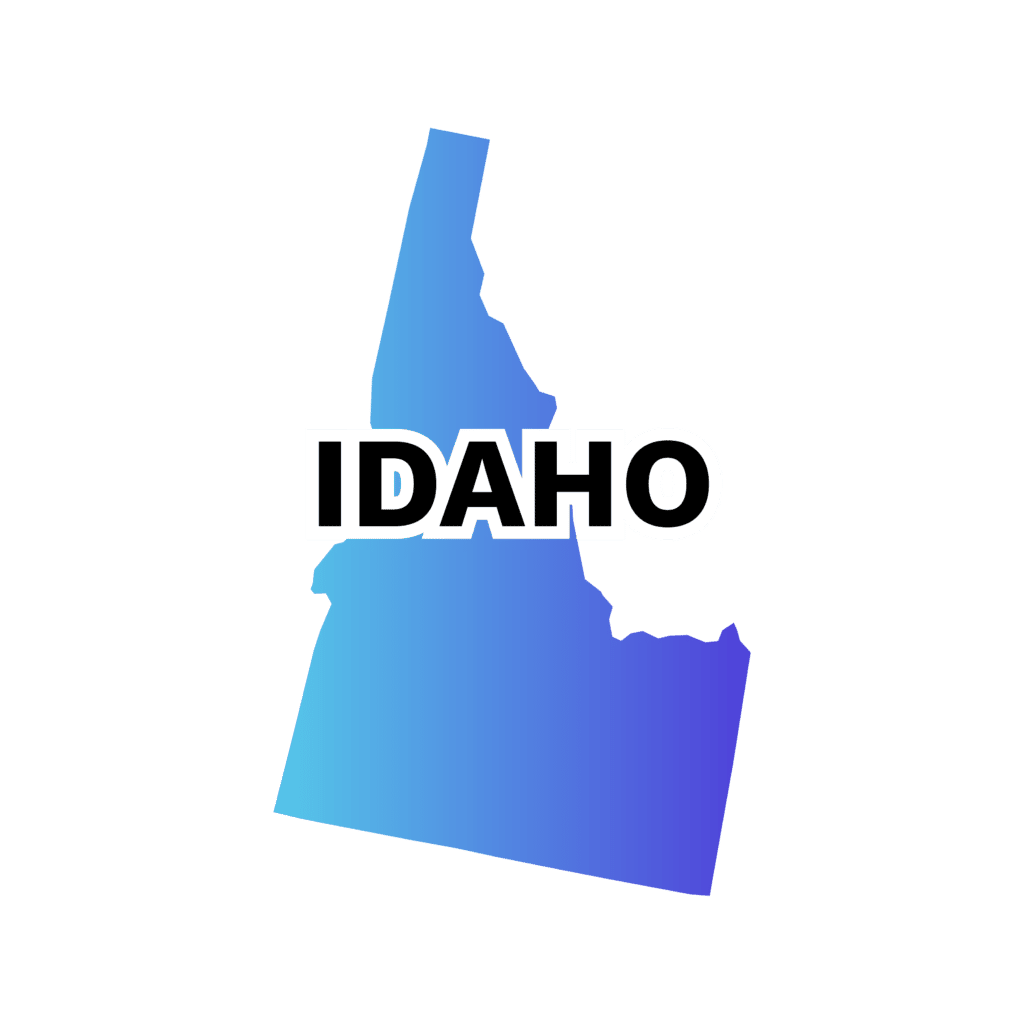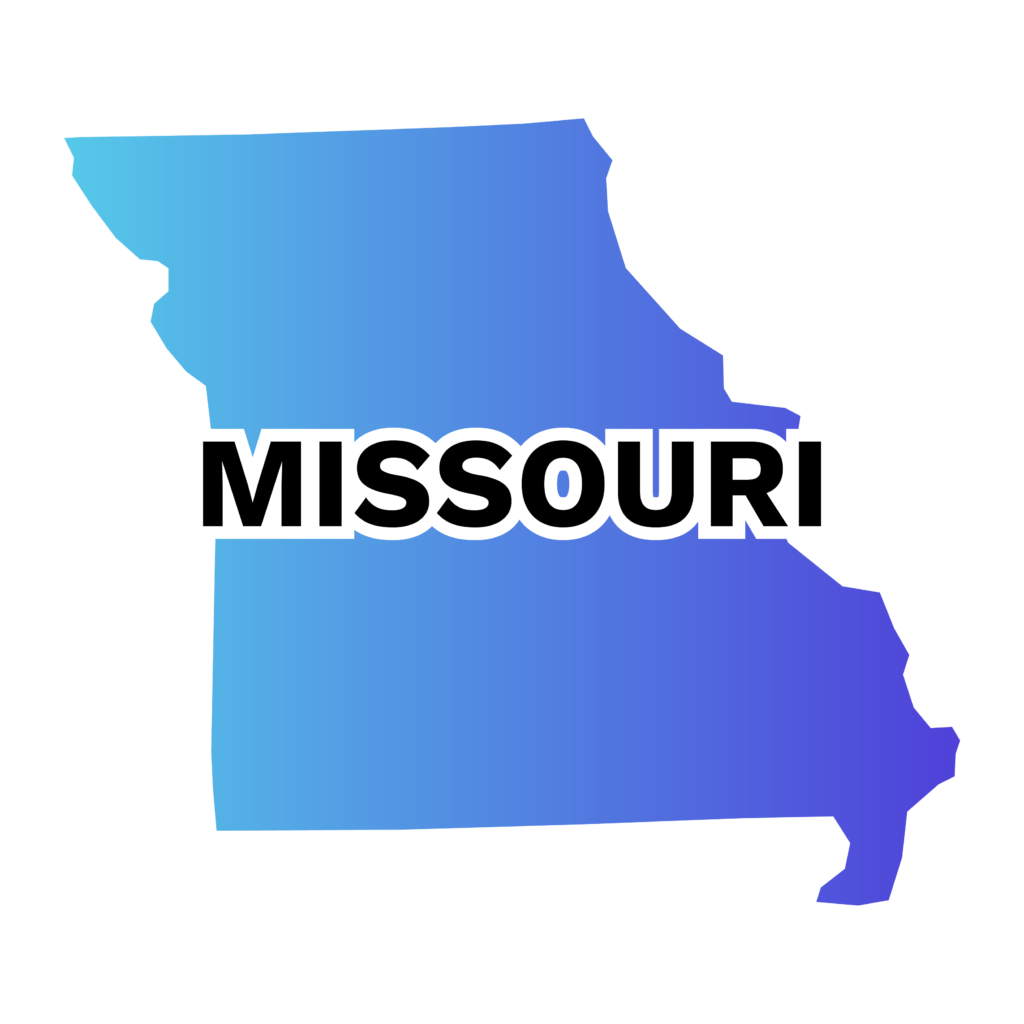The journey to CPA licensure in North Dakota is evolving, reflecting the profession’s response to contemporary challenges. As noted in The CPA Journal, the accounting field is grappling with maintaining standards while adapting to new demands: “We are well conditioned to maintain the status quo… It takes conscious thought and practice to notice a potential barrier and dissect it.”
This mirrors North Dakota’s approach, where traditional pathways like the 150-hour education requirement are upheld, yet there is an openness to future changes. CPA candidates in North Dakota must navigate these existing standards while remaining adaptable to the profession’s ongoing evolution, particularly in response to the changing landscape of accounting and finance.
North Dakota CPA License Requirements
To be eligible to sit for the CPA exam, students must first fulfill these qualifications and requirements:
- Minimum age: None
- U.S. Residency NOT Required
- State Residency NOT Required
As you can see, North Dakota is a lot more lax than other states when it comes to age and residency.
Education Requirements
As far as education requirements are concerned, North Dakota CPA candidates should have the following candidates:
- Bachelor’s degree or above with an accounting concentration
- 150-semester units from an accredited university
- 24 semester hours of accounting courses
- 24 hours of general business courses
There are lots of ways to get these credits, even if you’re on a budget or time crunch. As explained in a Reddit discussion on the subject,
*Special Note: You may sit for the exam prior to reaching 150 units but will need to complete your education within six months of your exam application date
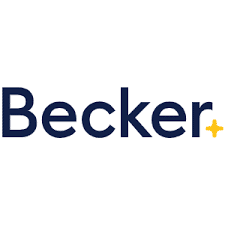
Becker CPA: Interest-Free Payment Plan – Deal

Becker Deal: Save on CPA Single Part Courses

Get CPA Evolution Ready Content on All Becker CPA Courses – Deal

Becker CPA Advantage Package Now $2,499 – Promo

Enjoy a 14-day Free Trial on Becker CPA Courses

Enjoy $1,141 Off Becker CPA Pro+

Take $1,140 Off Becker CPA Pro

Get $1,000 Off Becker CPA Concierge

Becker CPA: Interest-Free Payment Plan – Deal

Becker Deal: Save on CPA Single Part Courses

Get CPA Evolution Ready Content on All Becker CPA Courses – Deal

Becker CPA Advantage Package Now $2,499 – Promo

Enjoy a 14-day Free Trial on Becker CPA Courses
Work Experience
- 1 year of public or non-public accounting experience verified by a licensed CPA
- CPA/CA holders from other countries may be able to get Chartered Accountant certificate. Please check directly with North Dakota Board of Accountancy for details.
Ethics Exam
- Passing of the AICPA ethics exam is required
- Cost of course is $299 or $245 for AICPA or CIMA members
Additional CPA Requirements
- Pass all 4 sections of the CPA exam with a score of 75% or higher
- Complete verified accounting work experience
- Pass AICPA Ethics Exam
- Fill out and submit all required CPA license application paperwork
- Pay the CPA license application fee
North Dakota CPA Exam Fees
The cost to take all four sections of the CPA exam in North Dakota is $1,379.20 ($344.80 per section) plus the initial $120 application fee. The re-examination registration fee is $60.
| Auditing and Attestation (AUD) | $225 |
| Business Environment and Concepts (BEC) | $225 |
| Financial Accounting and Reporting (FAR) | $225 |
| Regulation (REG) | $225 |
| Initial Exam Application Fee | $120 |
| Re-examination Fee | $600 |
| CPA License Application Fee | $185 |
| CPA License Renewal Fee | $85 - $185 |
**Important Note: You should not apply and pay for exam sections that will not be taken within six months because your Notice to Schedule (NTS) in North Dakota expires 6 months after issuance.
North Dakota CPA Exam Updates
The CPA Exam in North Dakota is undergoing significant changes starting January 2024, as part of the CPA Evolution initiative led by NASBA and AICPA. The new exam format, known as the Core + Discipline model, includes a comprehensive core in accounting, auditing, tax, and technology, along with a choice of one of three disciplines: Business Analysis and Reporting (BAR), Information Systems and Controls (ISC), or Tax Compliance and Planning (TCP). This change aims to align the CPA Exam with the evolving requirements of the accounting profession.
A crucial aspect of these changes is NASBA’s transition policy for candidates who have already begun taking the CPA Exam. Those who have passed sections of the current exam by December 31, 2023, will retain their credits under the new system. Specifically, credits for AUD, FAR, or REG will be applicable to the new core sections, and candidates with BEC credit will not need to take any new Discipline sections. However, if credits for any section are lost after this date, candidates must take the corresponding new section of the 2024 CPA Exam.
Expert Tips to Become a CPA in North Dakota
As an expert in CPA licensure, I recommend candidates take advantage of North Dakota’s flexible residency and educational requirements, which are particularly beneficial for out-of-state or international candidates. North Dakota allows you to sit for the CPA exam before completing the 150-hour education requirement, provided you finish within six months of your application, offering a great opportunity to balance study and practical experience.
Bryce Welker, CPA Expert
Local CPA Organizations in North Dakota
Here are some local North Dakota CPA organizations that can be helpful for CPAs in the state:
- North Dakota CPA Society (NDCPAS): This is the statewide association of Certified Public Accountants in North Dakota. Established in 1929, it offers various benefits, resources, and networking opportunities for both experienced CPAs and recent exam passers.
- North Dakota State Board of Accountancy (NDSBA): This board oversees the licensing and regulation of CPAs in North Dakota. They provide important information regarding licensure, continuing education, and professional standards for accountants in the state.
- North Dakota Society of Accountants: This organization works to protect the rights to practice and to raise the standards of accountants and tax professionals in North Dakota. The North Dakota Society of Accountants offers resources and support for accounting professionals across the state.
These organizations provide valuable support, resources, and networking opportunities for CPAs in North Dakota, helping them to stay informed and connected within the profession.
North Dakota Exam Information and Resources
For more details, please contact:
North Dakota State Board of Accountancy
1407 24th Ave S, Ste 217
Grand Forks, ND 58201-6029
Email: [email protected]
Phone: 701-775-7100
Fax: 701-775-7430
What’s Next?
Now that you have started the CPA exam application process, your next step is to find a CPA Review Course that fits your budget, learning style, and schedule.
It can take several weeks for your application to be processed, so don’t waste that valuable time waiting to hear back from your state board. If you start studying now, you will get a nice jump start on the material and will be better prepared to pass your CPA exam the first time!
FAQs
Candidates can take each section of the exam up to four times a year during the designated testing windows. There is no limit to the number of times a candidate can retake a failed section.
Work experience is not required to take the exam, but it is necessary for licensure. Candidates must complete one year (2,000 hours) of work experience under a licensed CPA’s supervision.
Candidates must have a bachelor’s degree or higher with 150 semester hours of college credit, including specific accounting and business courses.
No, there are no residency requirements in North Dakota to sit for the CPA exam.
Yes, CPA exam scores can be transferred to North Dakota from another state.
Candidates can apply through the North Dakota State Board of Accountancy’s website, where they must submit an application and required documentation.
The North Dakota State Board of Accountancy and other professional organizations offer mentorship and support programs. These programs provide resources, networking opportunities, and guidance for CPA candidates.
CPAs licensed in other states can practice in North Dakota through reciprocity. They must submit an application for reciprocity, provide verification of their out-of-state license, and may need to meet additional CPE or ethics requirements as dictated by the North Dakota State Board of Accountancy.
CPAs in North Dakota must complete 120 hours of CPE every three years, with at least 20 hours per year. These hours can be earned through various activities, including formal courses, seminars, webinars, and self-study programs, as long as they are verifiable and relevant to the profession.
Bryce Welker is a regular contributor to Forbes, Inc.com, YEC and Business Insider. After graduating from San Diego State University he went on to earn his Certified Public Accountant license and created CrushTheCPAexam.com to share his knowledge and experience to help other accountants become CPAs too. Bryce was named one of Accounting Today’s “Accountants To Watch” among other accolades. As Seen On Forbes
